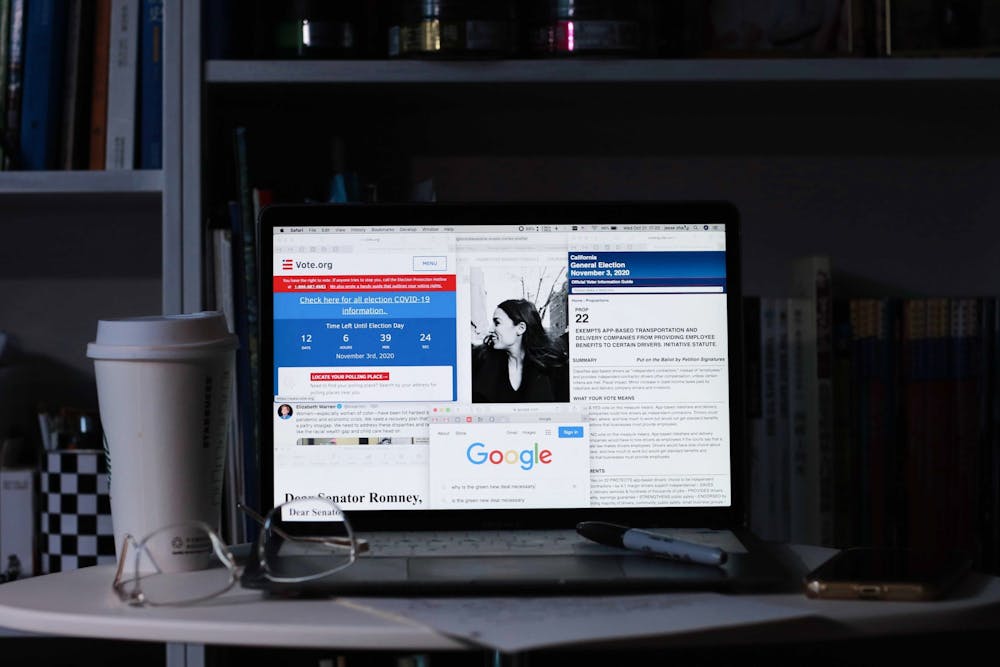Ask any Penn student what they want to do with their life. Ask them to explain why. In either their answer or explanation, probably nine out of 10 students will say something along the lines of “I want to change the world.” That overblown cliche has evolved into a mantra that many Penn students live by, and one I’ve heard President Gutmann use multiple times. That mantra is “doing well by doing good.” “Doing well by doing good” means doing things that are perceived to be good for the world or the local community while also benefiting oneself; today’s most common model is making billions of dollars from a tech startup and then starting a charity.
Unlike benefits from tax cuts, this mantra has trickled down to people of all classes, especially young people, all over the country. Way too often, I hear students who, starting with the premise of genuinely wanting to help the community and often coming from these underprivileged communities themselves, want to do so through a McKinsey consulting internship, or by joining a billionaire’s charity, two of the most fallacious abusers of “doing well by doing good.” These students rave about these opportunities for high salaries and the promise of social change, but are more often than not disappointed with their experiences, and are now lost without any direction.
One of the greatest American misconceptions is that capitalism and free markets spur innovation and that profits incentivize scientific and technological progress. The truth is, while the private sector is great at taking technology and making it marketable, it often doesn’t come up with the actual technologies itself. Take the tech and medical industries, arguably the two most innovative areas. Every major technology in the iPhone was made by a government agency, and a majority of new drugs are actually discovered at the NIH or at NIH-funded universities rather than at pharmaceutical companies. By all accounts, government agencies are where the world is being changed, yet student interest in working in tech and pharma greatly outnumbers interest even in the top government agencies.
What further pushes this misconception is that, on both sides of the political spectrum, there is an attack on government. A common Republican phrase is pulling oneself by one’s own bootstraps rather than taking handouts from the government. Former Democratic president Bill Clinton called the era of big government over. Current presidential nominee Joe Biden said virtually nothing would change for those in the top 0.1%. Biden’s claim that he can reform broken aspects of the political system without changing life for the richest of the rich is the crux of the issue. The richest have only gotten so rich because of the fact that they’ve taken advantage of the current U.S. political system, because they’ve prevented wages from increasing for the past 40 years, and because they avoid trillions in taxes — not because of their generosity or contributions to society.
To a certain degree, there is no problem with being rich. Heck, we all want to be rich. It might be a hard pill to swallow, but selling actions as “doing well by doing good” is a lie. Real change rarely benefits those with the power to cause it, including us students at Penn. I’m not arguing against those uninterested in doing anything good for the world. That’s their prerogative. However, many young people see no other option to do good things other than through the private sector. Instead of stigmatizing government work, we need to encourage it. Higher salaries for these public jobs, for everything from researchers to teachers to construction workers, incentivizes people to enter the public sector and do actual good work, and it makes doing good work plausible for those who come from underprivileged backgrounds.
There is hope for the future. The recent Black Lives Matter protests have been the largest since the Civil Rights Movement. More diverse, young, working class people are running for office than ever. Public engagement and outrage towards the richest of the rich is higher than ever. People are finally recognizing that public institutions that made America so prosperous for our grandparents and parents such as Social Security, infrastructure jobs, education, the Postal Service have all been ignored and have crumbled.
The only way to solve systemic issues like poverty and structural racism is not to start yet another nonprofit, or promote for-profit consulting companies, but is to be politically active, to aggressively question our politicians' motives, and to elect politicians who will rebuild our private sector to work for the people — not those who will tear it down in the name of deregulating businesses and elites who claim to “do well by doing good.”
MATTHEW LIU is a College first-year student studying biochemistry.









